

Have you ever seen a distant galaxy with your own eyes? Beginners usually want to get the Andromeda galaxy ticked off the list as quickly as possible, but not all telescopes are ideal for going galaxy-hunting. For that, you'll need a 'fast' telescope. Not sure what that means, or need some more information? Here's everything you need to know about choosing the best telescope for viewing galaxies.
Galaxies and the deep sky vs solar system objects
Set up any small telescope for beginners and you'll be able to get some kind of view of a galaxy before then pointing it at planets or the Moon. However, targets in the deep sky and outside of our own galaxy are incredibly dim, whereas those within our own solar system are fantastically bright, relatively speaking. So it makes sense that the telescope you need to get the best views of either of those extremes will greatly differ. For viewing galaxies as clearly as possible you'll want a 'fast' telescope.
Telescopes for galaxies: understanding aperture
A 'fast' telescope ideal for viewing galaxies is one with a large aperture that allows in as much light as possible (for planets a 'slow' telescope is fine). The aperture of a telescope is the size of the lens or mirror, usually expressed in millimetres and inches (the higher the numbers, the better).
Telescopes for galaxies: understanding focal lengths
The focal length of a telescope is the distance from the objective lens to the focal point; short focal lengths are the best for galaxies and the deep sky because they allow the most light in and have a larger field of view. Telescopes that tend to offer the shortest focal ratios include refractors, Newtonians and Dobsonians.
Telescopes for galaxies: understanding focal ratio
If you want to compare telescopes' 'fastness' then you can calculate the focal ratio by dividing the focal length by the aperture in millimetres to produce a number expressed as an f-stop – a bit like a camera lens. The lower the number, the better, with telescopes with a focal ratio of around f7 (or lower) considered 'fast' enough.
Telescopes for galaxies: understanding magnification
Most beginners obsess about magnification, but you really don't need to if you want to mainly study the deep sky and galaxies. You can discover your telescope's magnification by dividing its focal length by that of the eyepiece. For example, if you have a telescope with a focal length of 1,200mm and an eyepiece of 12mm then you'll get a magnification of 100x, which is perfect for viewing galaxies and the deep sky. Look for a magnification of between about 80x and 150x if you want to study galaxies and the deep sky. (Here's a guide to what you can see with a telescope with different magnifications.)
Sign up to the T3 newsletter for smarter living straight to your inbox
Get all the latest news, reviews, deals and buying guides on gorgeous tech, home and active products from the T3 experts
Jamie is a freelance journalist, copywriter and author with 20 years' experience. He's written journalism for over 50 publications and websites and, when he's not writing, spending most of his time travelling – putting the latest travel tech through its paces.
-
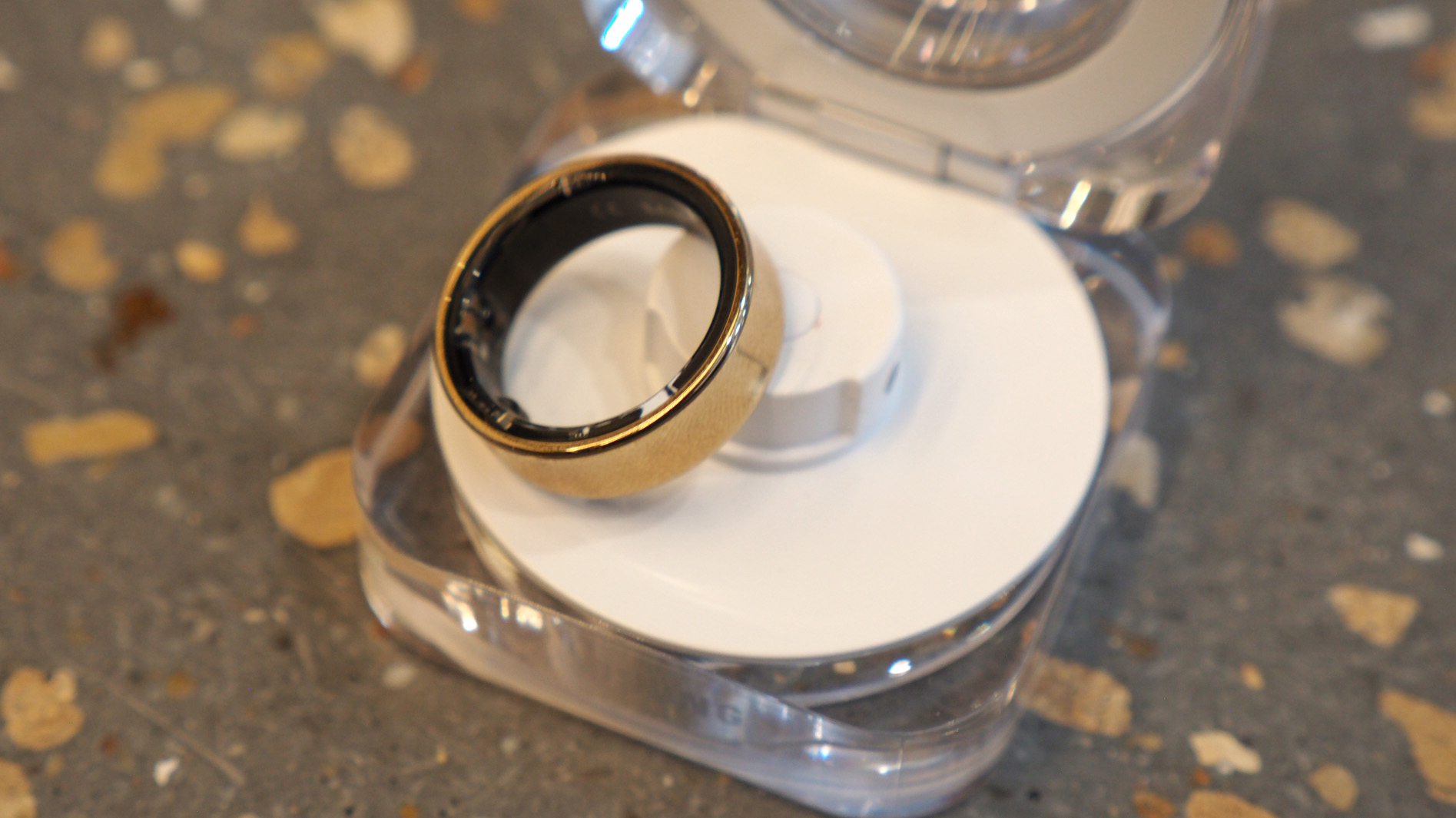 In the future, you might never have to take off your Galaxy Ring to charge it
In the future, you might never have to take off your Galaxy Ring to charge itA newly uncovered patent reveals Samsung is working on a wearable charger for its Galaxy Ring, and it makes a lot of sense
By Matt Kollat
-
 Google just added a new Gemini video creation tool I never knew I needed
Google just added a new Gemini video creation tool I never knew I neededGemini Advanced just added Veo 2 video generation
By Mike Lowe
-
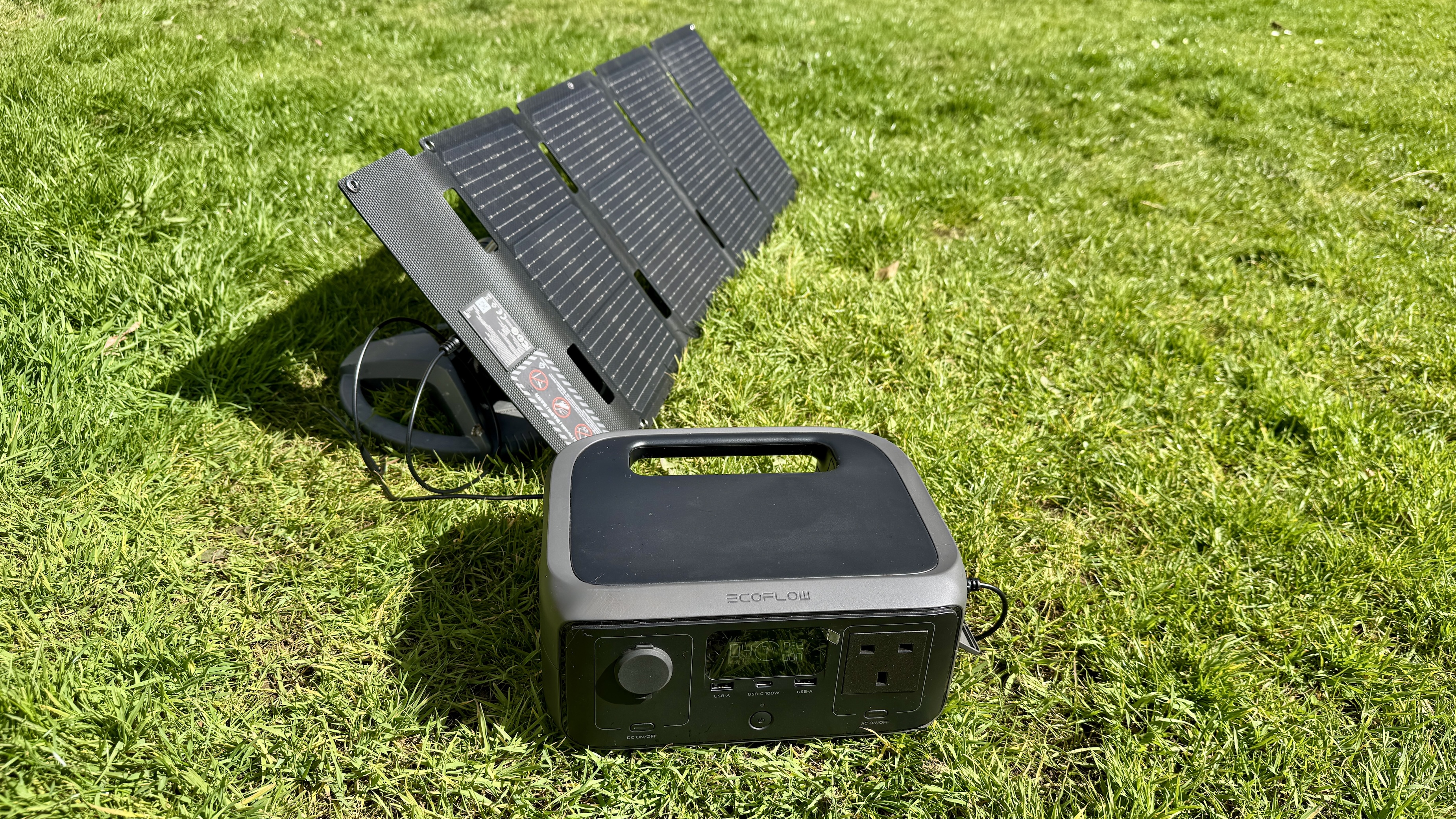 EcoFlow River 3 UPS review: Downsizing power without compromise
EcoFlow River 3 UPS review: Downsizing power without compromiseKeep the juice flowing with EcoFlow’s latest travel buddy
By Derek Adams
-
 The AeroPress Go Plus is the gadget I need for my next outdoor adventure
The AeroPress Go Plus is the gadget I need for my next outdoor adventureWhether you’re off camping or heading on a hike, the new AeroPress Go Plus lets you enjoy great coffee on the go
By Bryony Firth-Bernard
-
 YETI has discounted a ton of its best-selling coolers and tumblers in Amazon’s Big Spring Sale
YETI has discounted a ton of its best-selling coolers and tumblers in Amazon’s Big Spring SaleJust in time for the warmer months
By Bryony Firth-Bernard
-
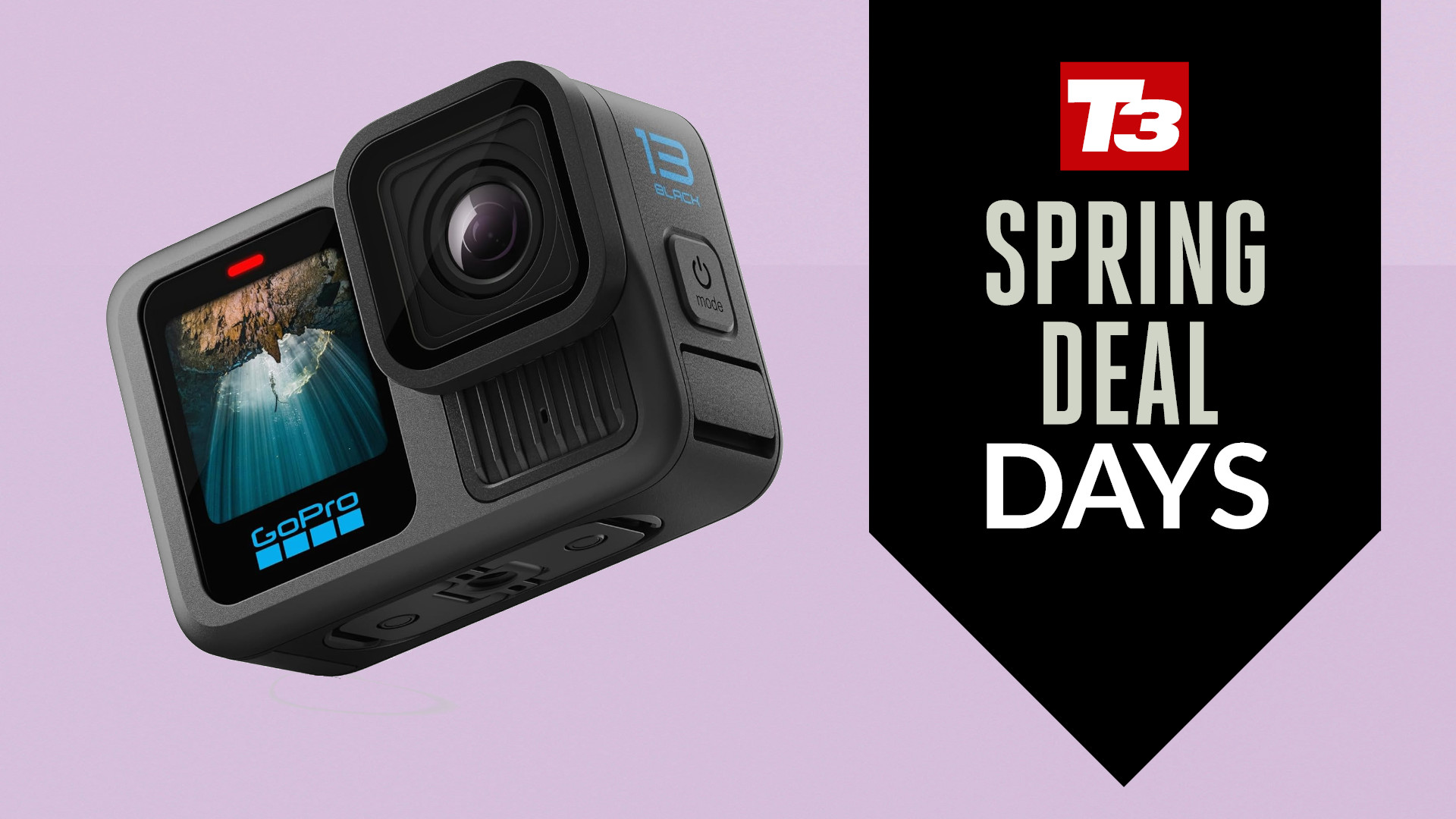 GoPro's latest flagship action cam just got a major price cut in Amazon's spring sale deal
GoPro's latest flagship action cam just got a major price cut in Amazon's spring sale dealYou can pick up the Hero 13 Black with almost 20% off
By Lee Bell
-
 How to pack your rucksack for a hiking or camping trip
How to pack your rucksack for a hiking or camping tripPack properly, save space and get easier access to the items you need the most
By Bryony Firth-Bernard
-
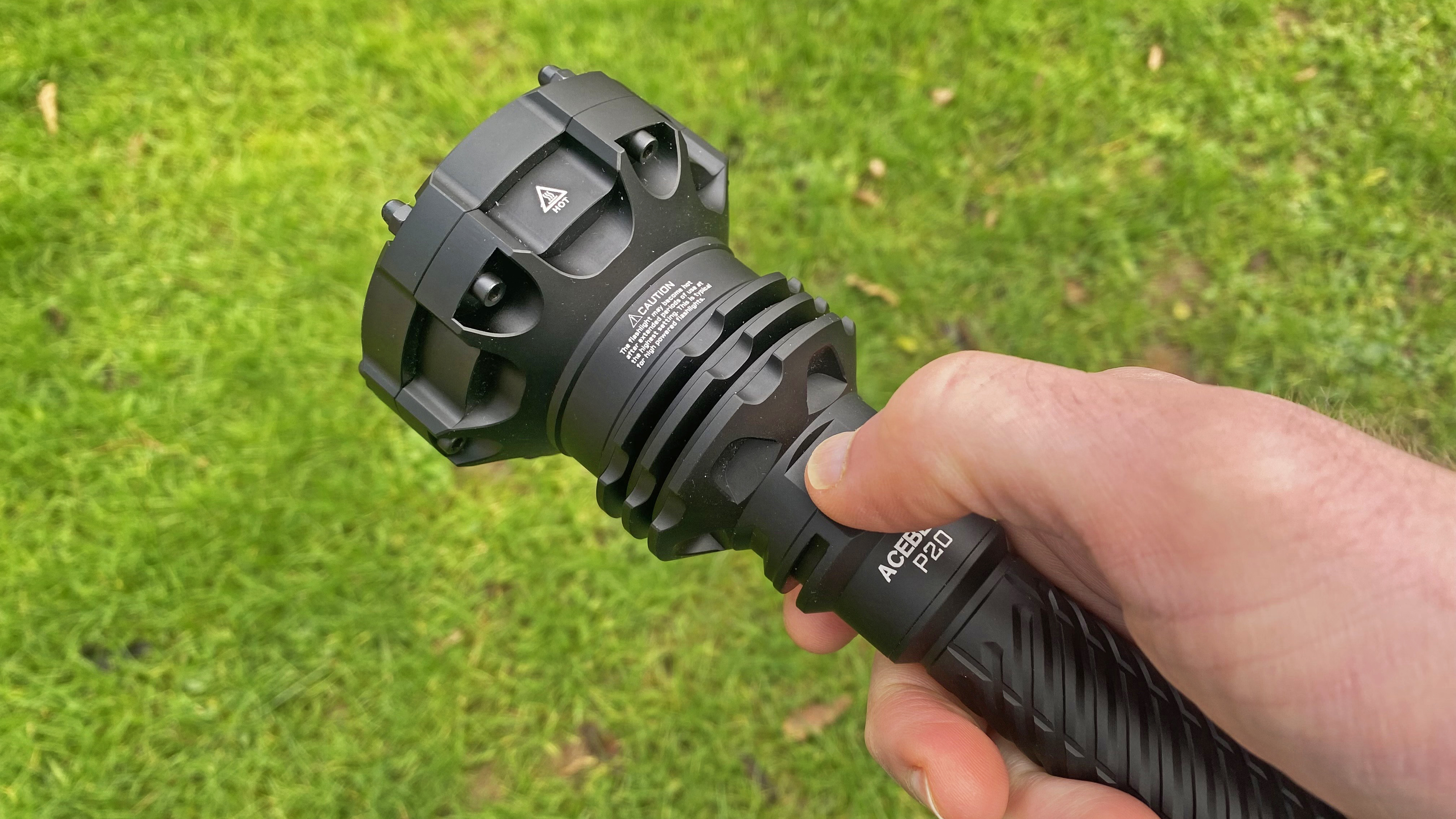 AceBeam P20 review: A skinny flashlight that packs a mighty punch
AceBeam P20 review: A skinny flashlight that packs a mighty punchFeel the force and slice the night with this light sabre, which has a range of over a kilometre
By Pat Kinsella
-
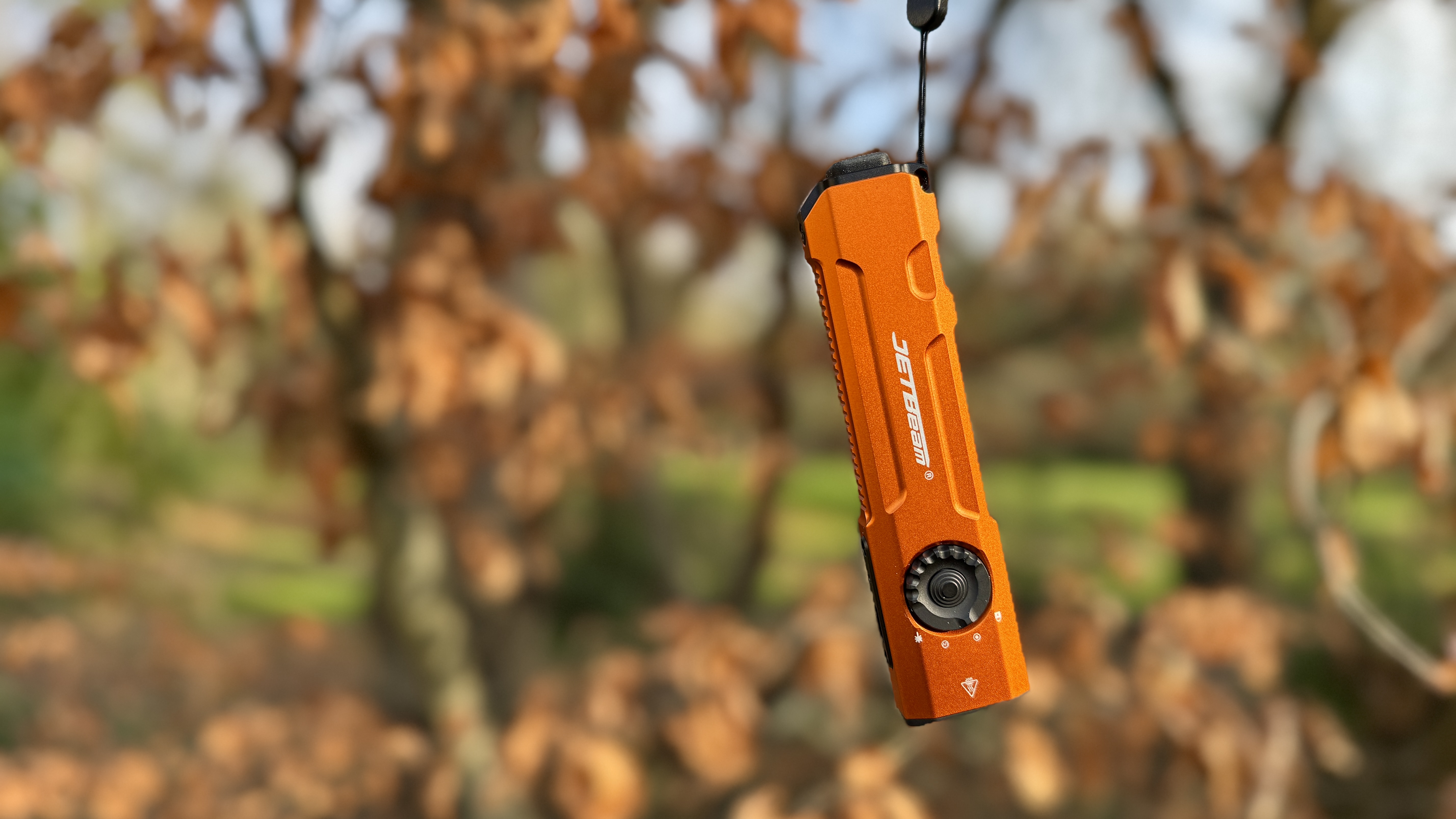 Jetbeam E26-UV Kunai pocket torch review: Let there be light. Loads of it
Jetbeam E26-UV Kunai pocket torch review: Let there be light. Loads of itBright, durable UV-enabled pocket torch for everyday excellence
By Derek Adams
-
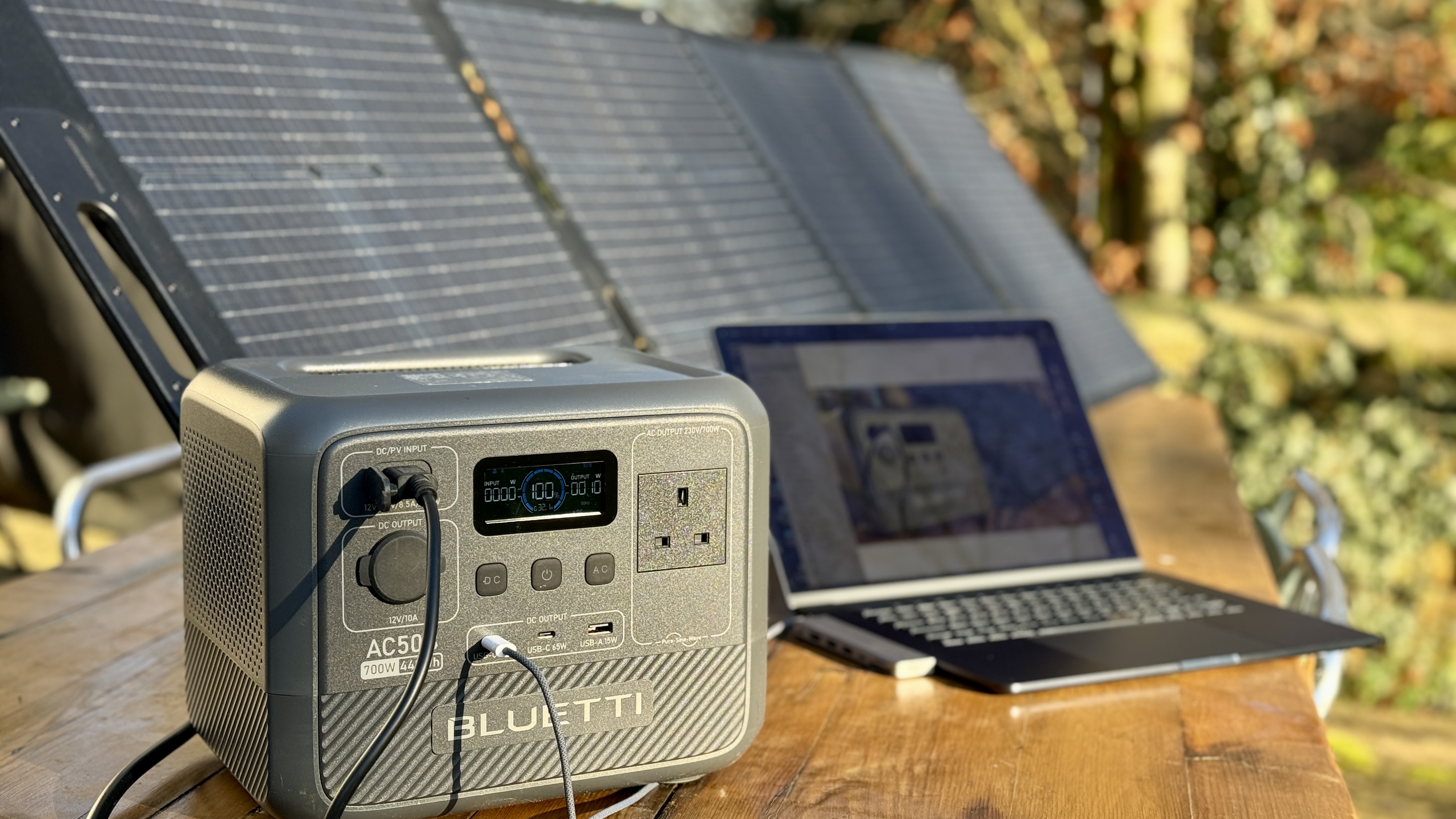 Bluetti AC50B review: a compact powerhouse for outdoor adventures and home emergency backup
Bluetti AC50B review: a compact powerhouse for outdoor adventures and home emergency backupKeenly-priced portable power for light day-to-day use
By Derek Adams